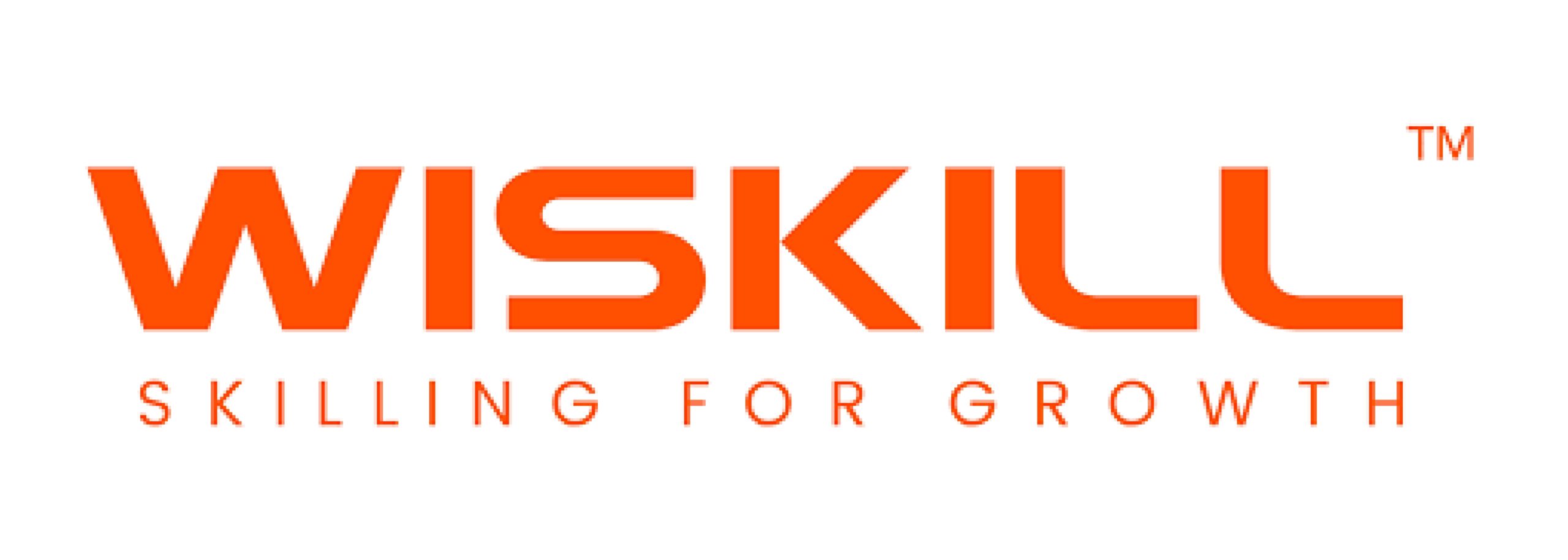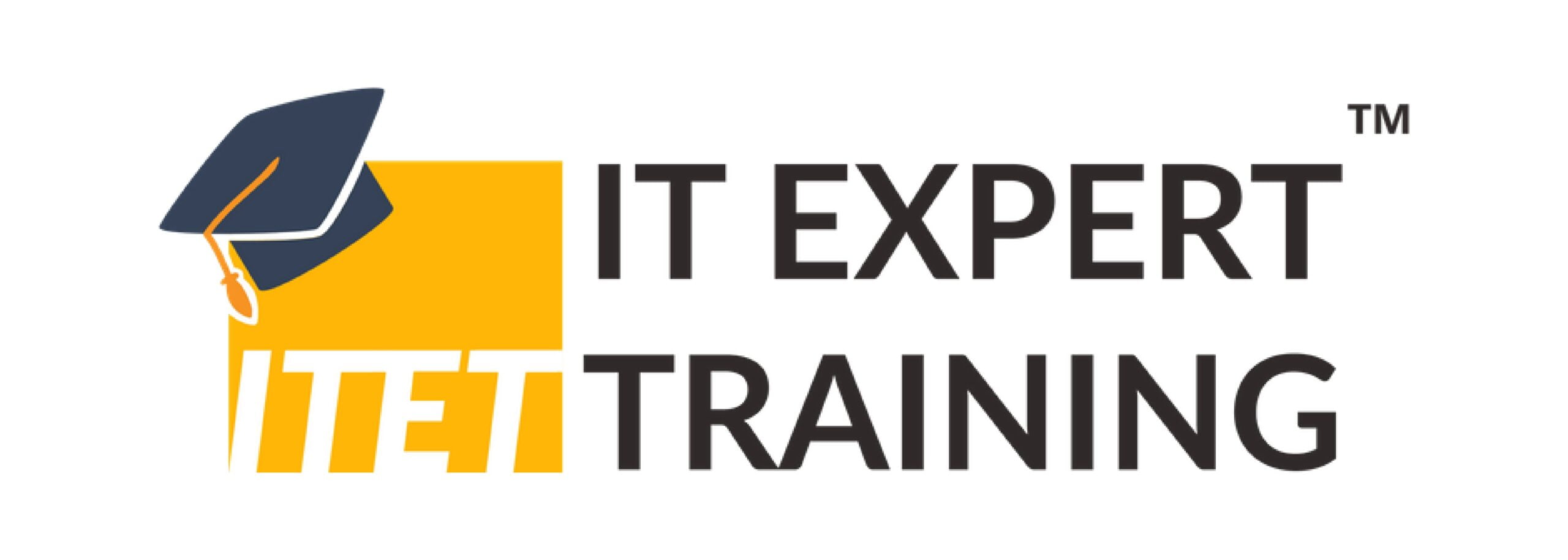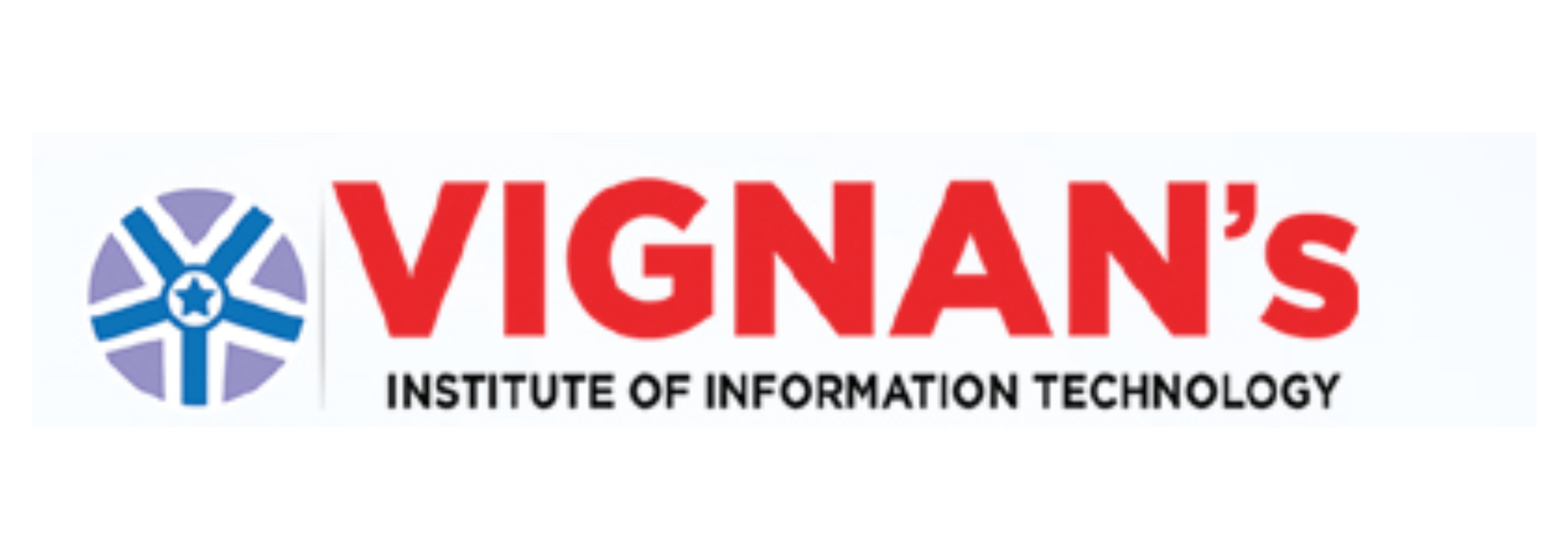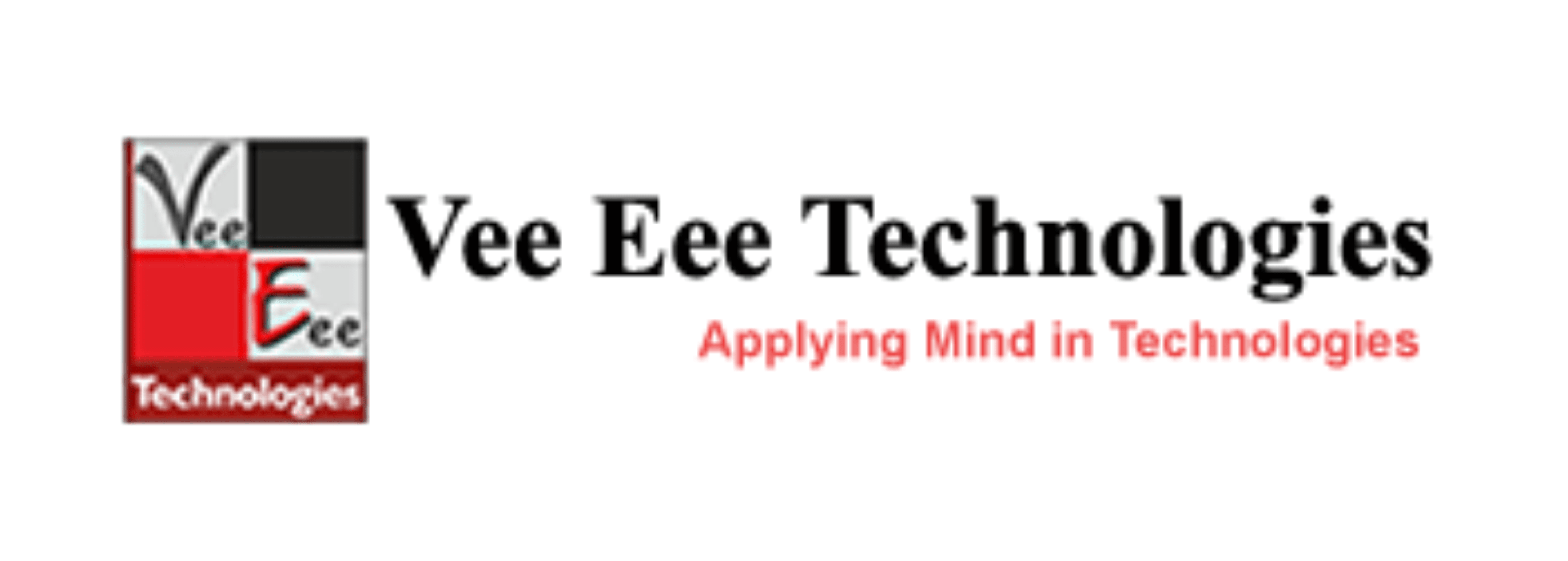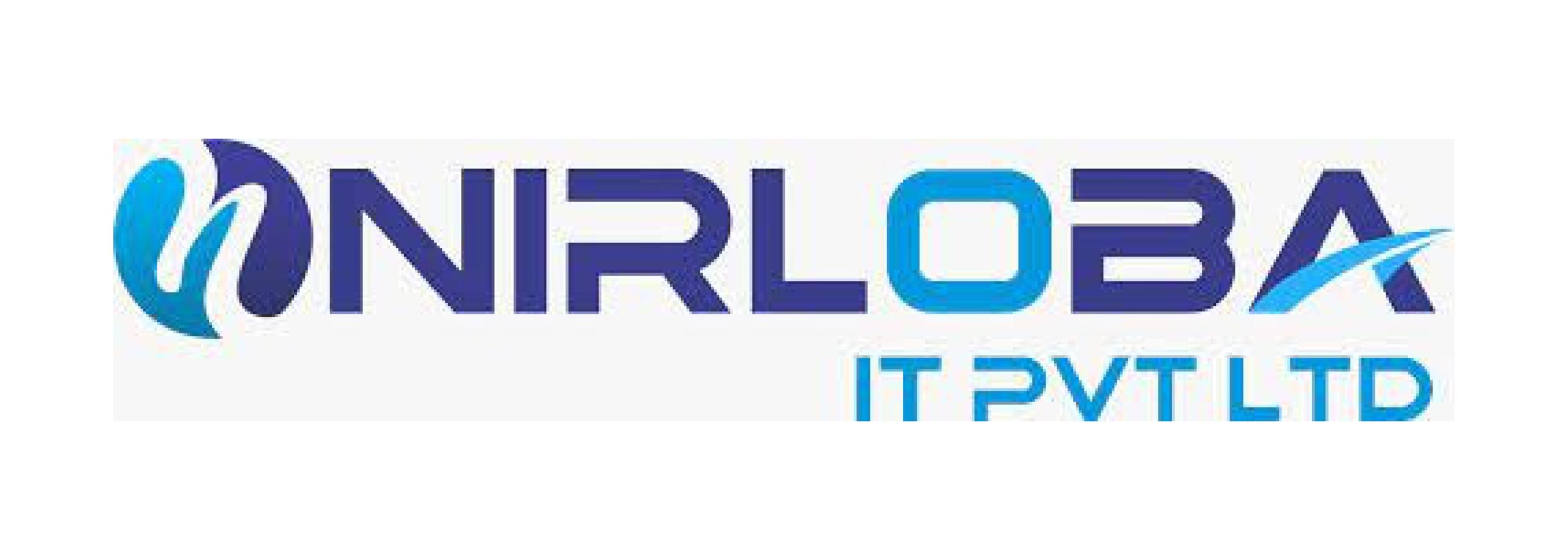 Overview
Overview
The Department of Artificial Intelligence and Data Science offers a 4 Year B.Tech Artificial Intelligence and Data Science affiliated to Anna University. Artificial Intelligence (AI) and Data Science (DS) programme is specifically designed and offered in response to the rapidly developing field of data science and AI that are currently gaining unprecedented popularity. The programme aims to produce the next generation of highly skilled graduates to propel the high-value economy growth of our country. The programme strikes a balance between Computing , Statistics and Mathematical Sciences, which enables it to provide a more comprehensive training in terms of the computing aspects of data science.
Skills you will gain
- Intelligent Systems
- Machine Learning
- Deep Learning
- Reinforcement Learning
- Natural Language Processing
- Data Science
- Data Analytics and Mining
- Big Data Management
- Data Visualization
- Probabilistic Modeling and Reasoning
- Cloud Technologies
- Internet of Things
- Statistical Learning
 Vision
Vision
To create an inspirational learning centre where proficient and future-ready scientist in the field of Artificial Intelligence and Data Science
 Mission
Mission
- To impart high-quality education and capitalist oriented learning through Artificial Intelligence and Data Science
- To contribute towards advanced AI technologies that provides increased and better performance
- To benefit the society through our contribution towards advancements in AI and Data Science
Programmes
- B.Tech – Artificial Intelligence and Data Science








